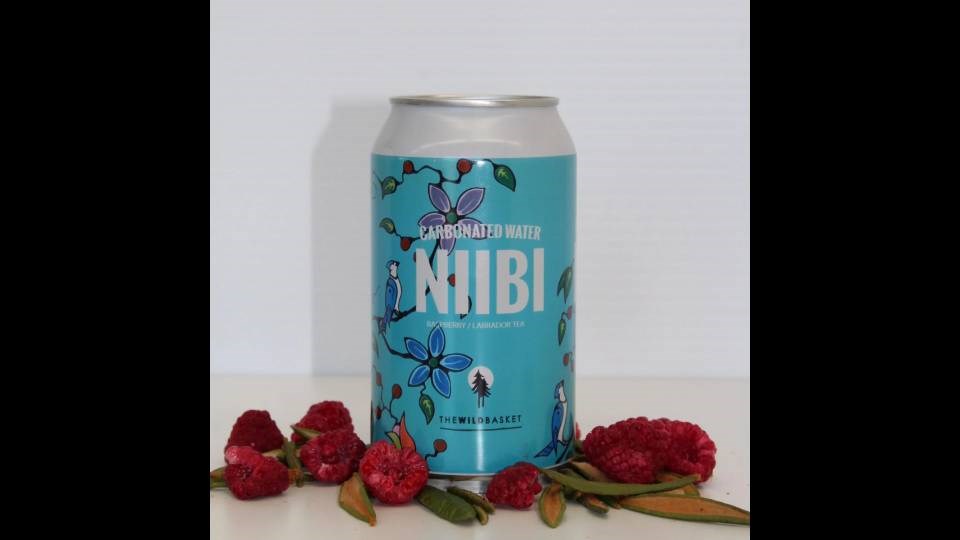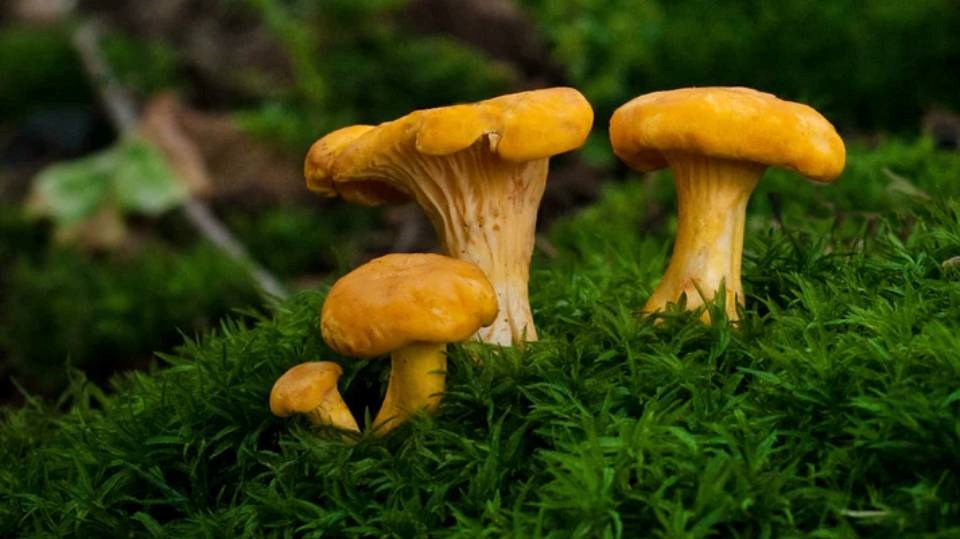Timiskaming First Nation is sharing the bounty from its territory through a community initiative that's both creating a revenue stream and strengthening cultural ties between generations.
Through The Wild Basket, community members harvest and cultivate foods in their territory that are then used to produce and sell value-added products like flavoured carbonated water, fresh mushrooms, forest teas, and mushroom soup.
“It began in 2013 as a response to how we can better utilize non-timber forest products,” explained Annaleigh Males, the program's coordinator, during the 2024 Northern Ontario Ag Conference in Sudbury. “We started with the forestry industry and we still work closely with the forestry industry.”
The program is an initiative of Ni Dakinan, the natural resources department for the community, whose traditional territory stretches along the northeast side of Lake Timiskaming, extending into both Ontario and Quebec.
Food security and food sovereignty are key goals of the program. But The Wild Basket also helps transfer traditional knowledge between generations through ongoing cultural activities.
Last spring an Elder visited local classrooms to demonstrate how to skin and butcher a bear, Males noted, and community members joined in a harvest for blueberries and fiddleheads.
Having economic activities "rooted in our culture” gives members a unique opportunity to work in the forest in a way that is beneficial, she said.
“Oftentimes in the past, jobs in forestry have been doing brush cutting and cutting down trees,” Males said. “So it's really empowering to our members to be able to have these roles where they are actively participating in the preservation of our territory.”
Want more business news from the North? Sign up for our newsletter.
Among the community’s ongoing activities are a truffle study, conducted in partnership with a local mushroom expert, which has resulted in the discovery of three new species of truffles.
“We're currently working on the report for that and seeing if they are edible and if there's something we can do with that,” Males said.
The community has also embarked on mushroom production using a self-sustaining supply of mycelium cultures, and has two acres of haskap bushes currently going into its second season of production.
Males said the community acknowledges that crop availability might vary year to year — blueberries could be bountiful one season, for example, and the next they won't be — and this factors into their planning.
“So we try to develop our products in such a way that if we do lose a species for a season, we don't lose all our products,” she said.
Talks are ongoing about how they can expand their product line to address this issue. If they run out of sumac for their carbonated water, for example, perhaps they could produce a pine-infused drink instead, Males suggested.
"It's been successful enough, but limited availability is making it really hard to market it on a larger scale because we only have, say, 100 bags of mushroom soup per season that we can make,” Males said of their approach.
“So we do try our best to keep it local in the Timiskaming region, specifically within Timiskaming First Nation and for Timiskaming First Nation members."
The work presents other challenges.
As the climate warms and forest fires become more intense and more frequent, Males said, poor air quality and high heat limits harvesters’ ability to get out on the land to harvest sites.
Industry also plays a big role in how successful a harvest might be. Harvesters don't go to sites when a forestry company is spraying or cutting, for example.
But Males said the community is working more closely with forestry companies to learn when they'll be working on site.
“Because if we know that they're going to go cut we can enter into that site and harvest differently,” she said. "We don't need to use the same sustainable or regenerative practices because we know that that site's going to be clearcut anyways.”
Harvesters avoid areas where mining has taken place, because mushrooms are able to suck up nearby contaminants, making them unsafe for consumption, she noted. Agriculture and urban development put additional pressures on the territory, Males said.

After more than a decade in operation, The Wild Basket is now looking to expand its operations.
Males said Ni Dakinan is looking to develop a dedicated project space, along with a community café where their products can be sold.
They also want to expand their haskap product line and organize more activities involving the community garden.
Males has been working on creating a harvester certification program, along with an accompanying harvest guidebook, that would train people on protocols for properly harvesting different species.
“So people that are already going out on the land and who are already seeing some of these species can now harvest them and sell them back to The Wild Basket project,” she said.
Males said the project would be easily replicable, and suggested they'd like to make it available to other First Nations communities, if there's interest.




